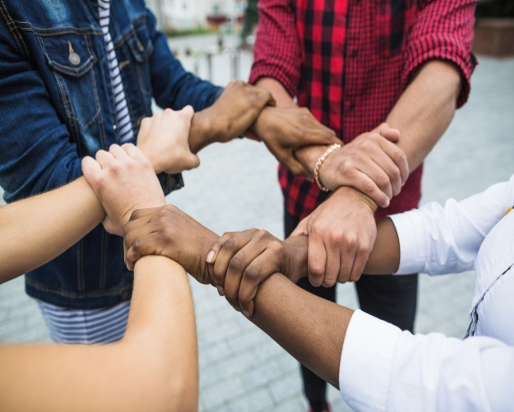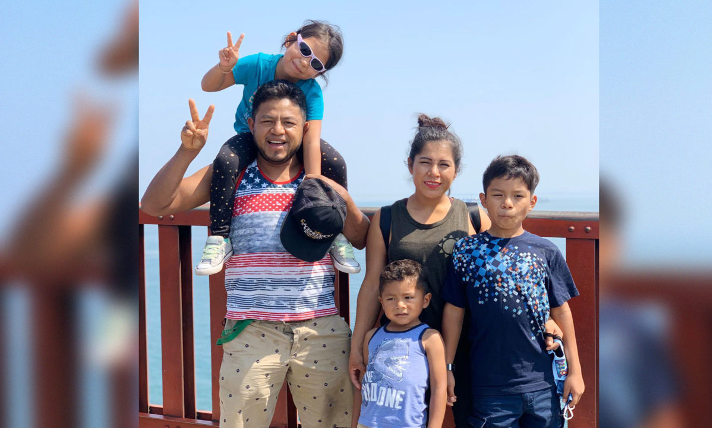Be BrainWise and Be Happy
Posted On: September 30, 2020|
Research on happiness has exploded including an academic publication called the Journal of Happiness Studies. Nobel Prize winners Daniel Kahneman and Angus Deaton publish extensively on the subject, and universities now offer a doctorate degree in positive psychology. The Harvard Study of Adult Development, renowned for collecting more than eighty years of data[1] is recognized for its measures of happiness.
Its findings offer insights that apply to anyone who wants to improve the likelihood they will live a long and happy life.
Harvard professor Robert Waldinger, a psychiatrist and director of the study, makes three recommendations for living a long and happy life. When you have mastered the 10 Wise Ways, it is easy to follow the recommendations. First, research shows that social relationships keep us happy and healthy. People who live lonely lives – who did not have satisfying relationships — die younger. Wise Way #2, the Constellation of Support, teaches you to surround yourself with individuals who help you prevent and solve problems. Establishing relationships that are double lines may require finding people who support you unconditionally and don’t sabotage your efforts under the guise of family or friendship. A relationship with a valued pet can be an important part of your support system, as can spirituality.
More than 56 million Americans say they are “often” or “always” lonely, and past stories in the BrainWise newsletter have has discussed this finding. In fact, recent research found that relationships are the reason loneliness has not peaked, but remained the same, during COVID-19. The pandemic has led to people using more social media on their internet devices to stay in touch and to reach out to family and friends they may have lost touch with before the pandemic.
Second, the quality of your social relationships and your satisfaction with them counts! The people in your Constellation of Support should be individuals who have your back and who make you feel good. You know they care about you and want you to succeed. The third recommendation plays off the first two: Meaningful relationships and strong support systems are vital not only to physical health, but they also protect our brains. Associating with people who care about you helps you stay mentally sharp as you get older. The Harvard Study found that people with the most active social lives had the slowest rate of memory decline.
More Research on Happiness…..
Dr. Arthur Brooks is a social scientist who teaches a class on happiness at the Harvard Business School. He says that the building blocks of happiness – family, career, friendships — “give you tools to enrich your life and the lives of the people you love.” He summarized thousands of academic studies on happiness and the findings were the same: Enduring happiness comes from human relationship, productive work, and the transcendental elements of life. He sums it up. “People who have loving relationships with family and friends thrive; those who don’t, don’t.”
The 10 Wise Ways are tools that help you build and assess your relationships. If you need to boost your support system, take action and find sources that make you feel good. Volunteer, get involved in community groups or churches, or join organizations with a local or global presence.
I belong to Rotary and am rewarded by the double lines that members throughout my community as well as the world have added to my Constellation of Support. This is another way that relationships pay off. Research shows that those who volunteer have lower mortality rates, greater functional ability, and lower rates of depression later in life than those who do not volunteer.
[1] Study participants originally were Caucasian males. The Glueck Study in 1970 added inner city men. Women were added in 2007.
|
|
|
|
The first lesson in BrainWise is “Everyone has Problems” and it points out that people with fewer problems have learned and assimilated the skills to stop and think. The next two lessons teach how to use your Wizard Brain and to build a strong Constellation of Support. The remaining Wise Ways are interconnected with these lessons. Each one contributes skills that help to build and maintain the other skills.
It is important to use your brain to process the events in your life and to think about the consequences your choices have now or later and how they affect you and others. The attached BrainWise CPR problem-solving worksheet will help you assess your problems and will help others to do the same (child and teen-adult worksheets). Our relationships with others are critical to our happiness and will help us throughout our lives. |
|
Take care and be safe!
|



